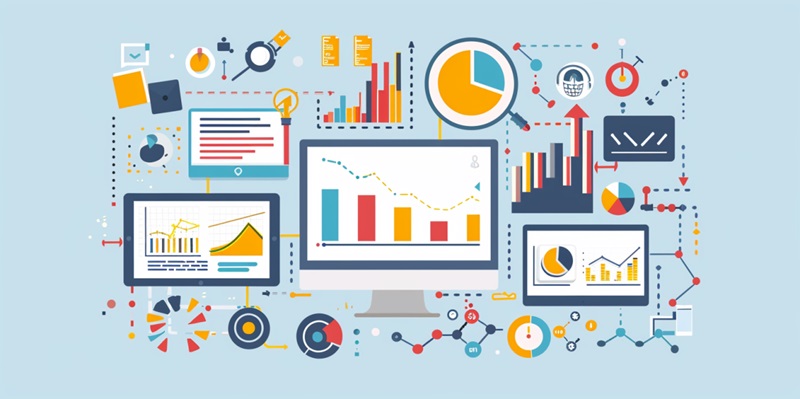In a significant move for the automotive sales industry, DriveCentric, a pioneer in augmented intelligence CRM solutions, has announced a landmark partnership with FordDirect, Ford Motor Company’s marketing and data analytics joint venture. This collaboration is set to redefine the way Ford Dealers and Lincoln Retailers interact with their customers, harnessing the power of data and cutting-edge CRM technology. With a focus on leveraging the vast data insights provided by FordDirect, DriveCentric aims to enhance decision-making processes and provide a more efficient sales journey.
Through this strategic alliance, dealerships are expected to witness a dramatic improvement in their customer engagement strategies. DriveCentric’s advanced CRM system will be integrated with a wealth of data from FordDirect, including incentive information and consumer behavior analytics. This integration promises to deliver a comprehensive set of tools, including automated engagement solutions and real-time analytics, that are designed to streamline the sales process and strengthen customer loyalty.
Transforming Automotive Retail Through Technology
DriveCentric, a leader in CRM solutions with a focus on augmented intelligence, has joined forces with FordDirect, a data analytics and marketing arm of Ford Motor Company. This groundbreaking partnership aims to revamp the customer engagement experience for Ford Dealers and Lincoln Retailers by tapping into FordDirect’s extensive data insights. The integration of DriveCentric’s sophisticated CRM technology with FordDirect’s rich data, including consumer analytics and incentive details, promises to elevate the sales process. Dealerships will be equipped with state-of-the-art tools like automated engagement features and instant analytics, all designed to refine decision-making and boost customer retention. This collaboration stands to remarkably upgrade how dealers approach sales strategies and manage customer relationships.

